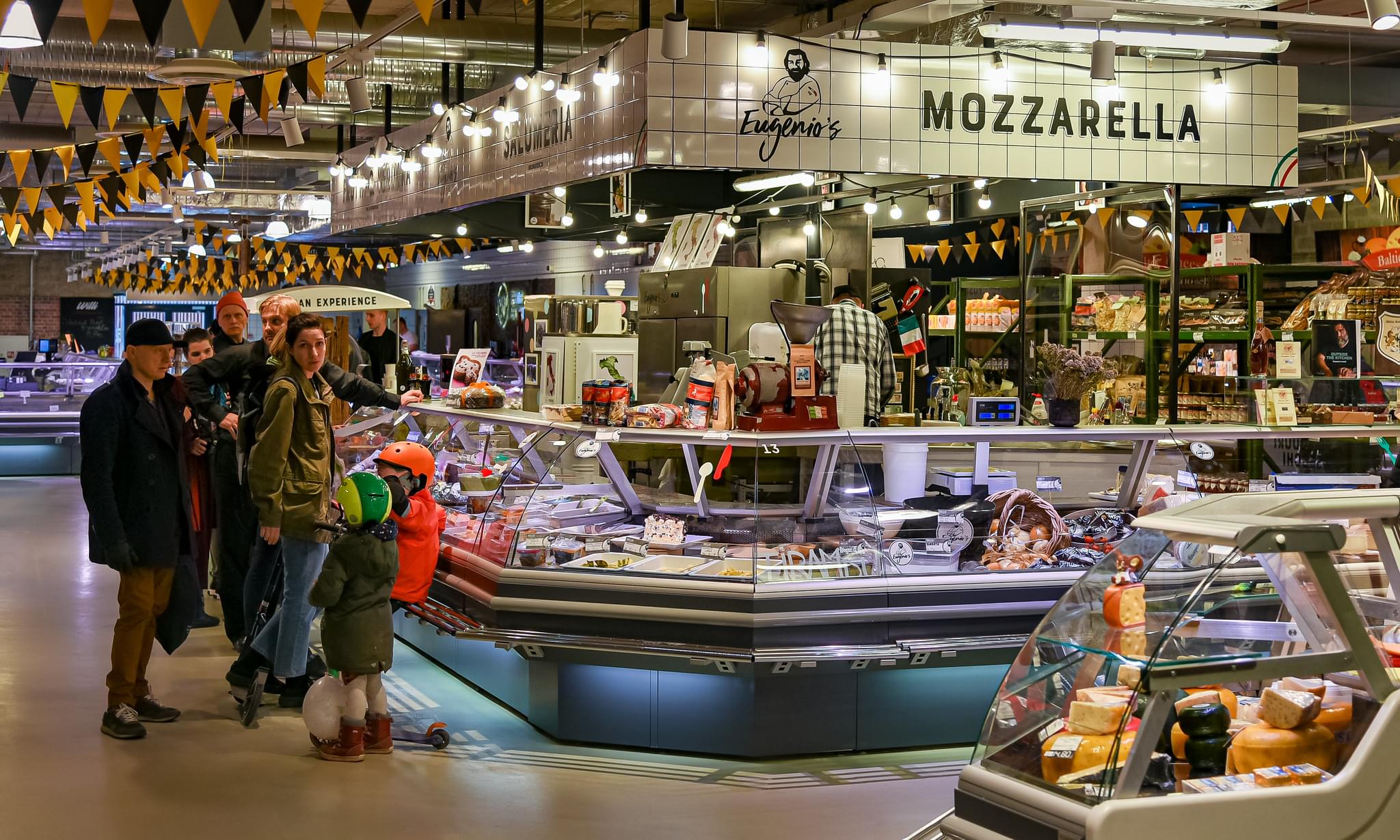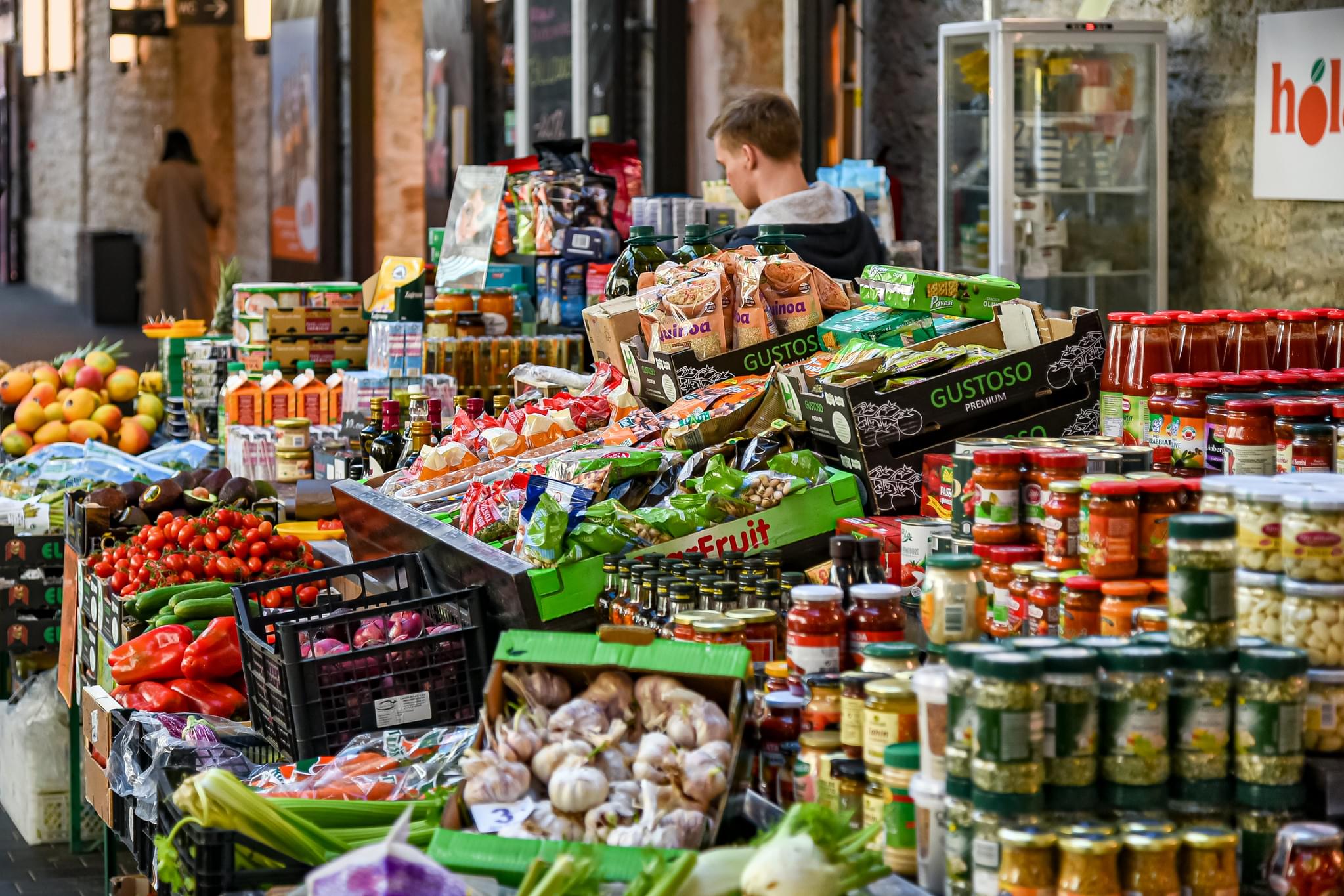Every third Estonian resident buys the cheapest options on the supermarket shelf
Every third Estonian resident buys the cheapest options on the supermarket shelf, a new study by Kantar Emor and the Estonian Food Industry Association shows. Estonian products are preferred if the price is not much higher.

Almost 80 percent of respondents prefer domestically produced products
The poll, released on Tuesday, shows almost 80 percent of respondents prefer domestically produced products and this trend has been stable over the last decade. But people’s sensitivity to prices has increased in recent years and now every third person buys the cheapest products. This means goods that are less environmentally friendly and healthy often end up in people’s baskets, the survey concluded.
Kantar Emor mapped shoppers’ preferences over 36 food categories to see which items they preferred and how they organise their purchases. Kantar Emor’s leading expert Aivar Voog said brand loyalty is decreasing year by year.
“Because the food selection offered in stores is large and wide, people are becoming less and less loyal to one specific brand. When buying food, the most important thing is the product’s taste and the discounts offered in store,” he said.
The data showed 31 percent of respondents pick the cheapest products. Additionally, the number of people willing to pay more for their lifestyle, such as buying more expensive environmentally friendly products, has decreased by 7 percent. Six percent fewer are checking for nutritional value.
Kantar Emor polled 1,244 people in October aged 15-74. The results were presented by the Estonian Food Industry Association on Tuesday and shopping trends were discussed.

Estonian entrepreneurs cannot keep up with 23 percent inflation
The Estonian Food Industry Association head Sirje Potisepp said producers are not ready for this “hybrid crisis” and are struggling. She listed the pandemic, labor shortage, rising energy costs and the war in Ukraine as reasons they feel challenged.
Another problem is the price war between producers and supermarkets, especially those owned by foreign companies. Several of Estonia’s biggest supermarkets are foreign-owned, including Lidl, Rimi, Maxima and Prisma.
“The rise in the price of food products and production has not yet reached final prices as a large proportion of foreign chains’ assortments are made up of imported products which keep prices down artificially,” said Potisepp.
Despite rising wages, average salaries are not comparable to many other EU countries, she said. Estonian entrepreneurs cannot keep up with 23 percent inflation as wage growth and purchasing power will slow down.
Potisepp appealed to shoppers to support Estonian producers.
“If you have a choice between two equal products in the store, one foreign and one domestic, always choose the domestic one, because this is the only way we can support the Estonian economy and guarantee the survival of the Estonian food industry,” she said.
Related news
There is a psychological limit to domestic hospitality spending
🎧 Hallgasd a cikket: Lejátszás Szünet Folytatás Leállítás Nyelv: Auto…
Read more >








